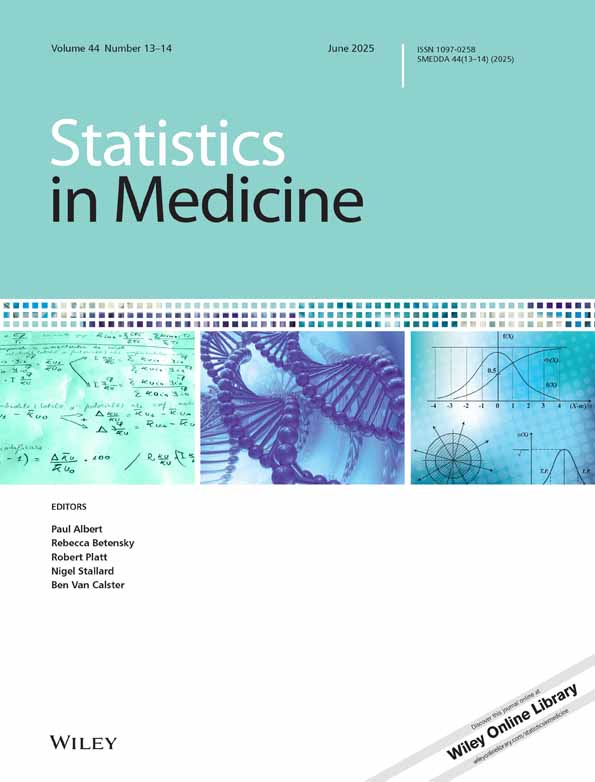Statistical Inference for Tensor-Based Covariates in Cox Regression Modeling in Integrated Genome Studies
ABSTRACT
In the form of multidimensional arrays, modeling considering tensor covariates is capable of capturing important feature interactions or encompassing a broader range of data structures. In the study, we proposed a statistical inference based on tensor-based covariates for the Cox regression model in the integrated genome study. The proposed method stands out for reducing the parameter dimension within the partial likelihood function through the application of rank-R decomposition. We introduced the method of estimation and rank selection. Subsequently, variable-specific tensor tests are proposed to evaluate the significance of the covariance effect. Asymptotic normality is obtained for all the regression estimators. Simulation studies, including rank selection, estimation performance, and testing performance, demonstrate the effectiveness of the proposed algorithm. Overall, the proposed method provides readers with the necessary information to understand the genome effect of tensor-based covariates. To benefit readers, the R code for implementing the method is provided. Lastly, we introduce the proposed method using a colorectal cancer dataset, addressing signal detection by simultaneously gathering information across different kinds of omics platforms. This dataset integrates clinical information with multi-omics data, including copy number variation, methylation, and mRNA sequencing data, as tensor-based covariates, and evaluates relationships involving right-censored data.
Conflicts of Interest
The authors declare no conflicts of interest.
Open Research
Data Availability Statement
Data sharing is not applicable to this article as no new data were created or analyzed in this study.




